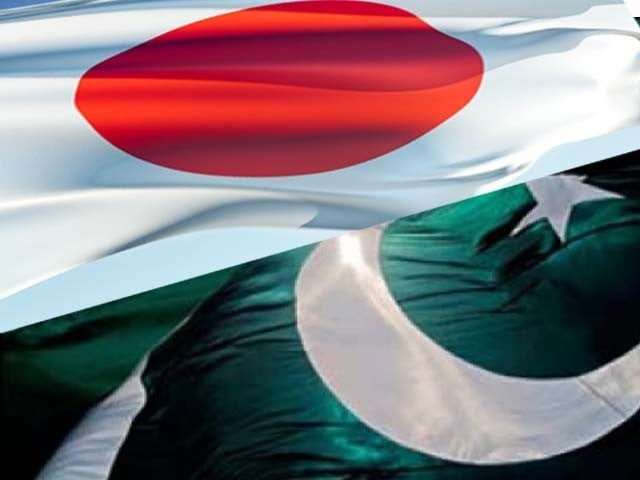Health and education: Japanese help NGOs give results on the ground
Water filtration plants, vocational training and blood banks are funded by the government.

“People were getting sick from drinking dirty water coming in their water lines,” he said. “But the filtration plant in the area has changed that.” Up to 250 people in North Karachi benefit from this plant every day. Seven such plants have been installed across the city at a cost of Rs1.1 million.
On Tuesday, officials from the Japanese consulate took journalists on a day-long tour to show off the projects, which they are working on. Culture Director Ryo Ishikawa explained in fluent Urdu that that the grants were given to NGOs for these works. The Grant Assistance for Grassroots Human Security Project (GGP) has helped fund seven projects in the city, and it is overseeing a total of 200 projects in Sindh and Balochistan. The programme targets small projects, the maximum grant allocations are Rs10 million in a single project. This year also marks 60 years of diplomatic ties between the two countries.
Acting Consul General Masamichi Abe, who joined for a brief lunch, explained that their emphasis was on improving health conditions. “Water is life. We want everyone, especially people in the rural areas, to have access to clean, pure water.”
The Japanese are also investing in a vocational training centre being constructed at Holy Shepherd Grammar School located near the hills in Mianwali Colony of Manghophir. The construction is moving fast and once open the centre would offer women sewing and grooming classes and computer and auto-mechanics for men. “We want to improve the lifestyle of the people living here, especially the Christians,” said Beverly De Souza, a representative of Star Fish, the NGO that is looking after the school. Here, Christian students are given a virtually free education as they pay only Rs100 in utility fees.
The next stop was the Children Cancer Hospital, where the Afzaal Memorial Thalassaemia Foundation has donated an ICU for Thalassaemia patients. The foundation’s CEO, Dr Asim Kidwai, said that this was the country’s first thalassemia intensive care unit for children that offers free treatment, and perhaps the only one in the world. It is functioning thanks to the Japanese government. The five-bed ICU has machines covered with stickers of the Japanese government. The young patients were hooked up to them, with their mothers by their sides. “The ICU doesn’t have cash counters,” Kidwai said proudly. More than 400 patients have been treated free here and 6,000 blood transfusions have been carried out in the last four years.
Another health project which the Japanese government is helping is the Khidmat-e-Khalq’s blood bank in Nazeer Hussain Hospital. The blood bank worth 9.1 million rupees was constructed last year and today has a full-fledged laboratory at its service. “We have no political agenda for supporting the projects,” said the Japanese consul general. “We are doing this because we consider Pakistans our friends.”
Published in The Express Tribune, September 19th, 2012.



















COMMENTS
Comments are moderated and generally will be posted if they are on-topic and not abusive.
For more information, please see our Comments FAQ